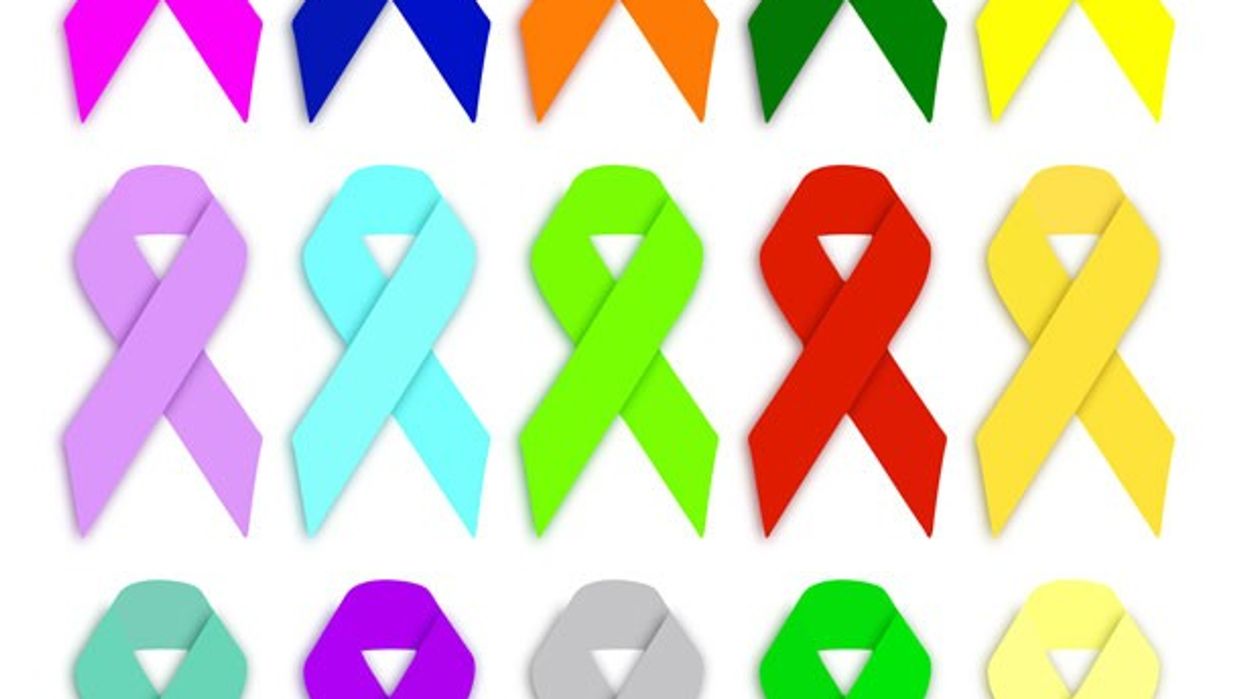As the summer of 2024 unfolds, the threat of West Nile virus (WNV) looms large, with recent reports indicating a surge in cases across several states in the U.S. West Nile virus, primarily transmitted through mosquito bites, has become a significant public health concern during the warmer months when mosquito activity peaks.
In 2023, Colorado experienced one of the worst West Nile virus outbreaks in the United States, with a combination of wet weather and increased mosquito activity contributing to the spread (UCHealth). This trend appears to continue into 2024, with states like Nevada also reporting high levels of mosquito activity and positive WNV tests in mosquito pools (Home). The Centers for Disease Control and Prevention (CDC) has highlighted that mosquito season, which typically spans from June through fall, is the critical period for WNV transmission (CDC).
Health Impacts
West Nile virus can cause a range of symptoms from mild to severe. While many infected individuals may not show symptoms, about 1 in 5 will develop fever, headache, body aches, vomiting, diarrhea, or rash. Severe cases, which occur in about 1 out of 150 infected individuals, can lead to neurological issues such as encephalitis or meningitis, potentially resulting in long-term complications or death (CDC) (UCHealth).
Prevention Measures
Given the lack of vaccines or specific antiviral treatments for West Nile virus, prevention remains the best strategy. Here are some key steps to protect yourself:
- Avoid Mosquito Bites: Use insect repellent, wear long sleeves and pants, and stay indoors during peak mosquito activity times (dawn and dusk).
- Eliminate Standing Water: Mosquitoes breed in standing water. Regularly empty items that collect water, such as birdbaths, flowerpots, and gutters.
- Use Screens: Ensure windows and doors have screens to keep mosquitoes out of your home.
Public health officials continue to monitor and address the spread of West Nile virus through surveillance and mosquito control programs. Staying informed about local mosquito activity and taking personal precautions can significantly reduce the risk of infection.
For more detailed information on West Nile virus and ongoing updates, you can visit the CDC's West Nile Virus page (CDC) (CDC).
By understanding the risks and taking preventive measures, we can collectively minimize the impact of West Nile virus this summer. Stay safe and vigilant to protect yourself and your community from this growing health threat.









 Karla Mingo believes that her greatest gift as a cancer survivor is the ability to live with gratitude and thankfulness.
Karla Mingo believes that her greatest gift as a cancer survivor is the ability to live with gratitude and thankfulness.



